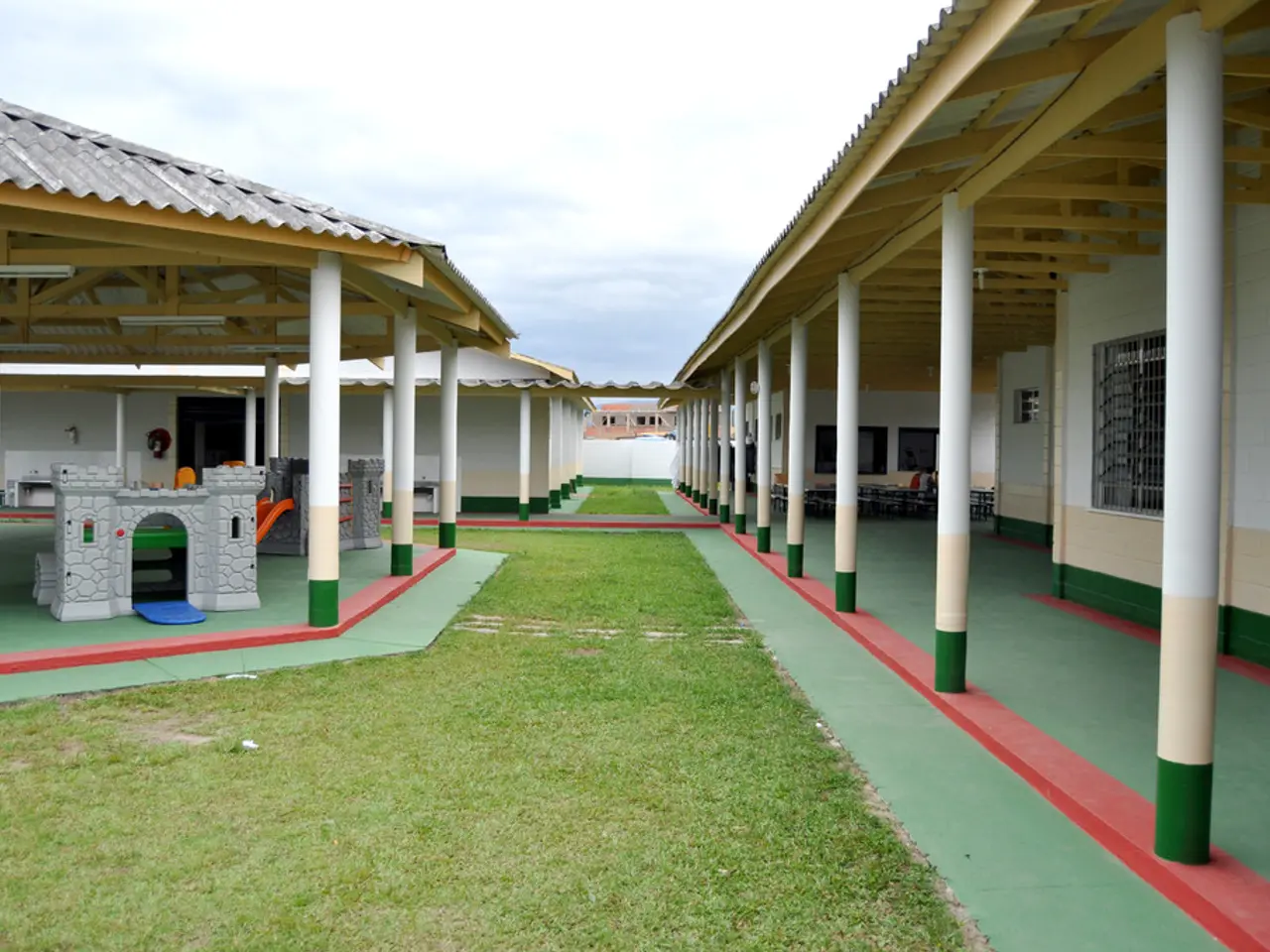Berlin Calls for Waiving of 'Fine Levy', Citing Economic Strain - Economy of Berlin proposes imposition of ban on "fine tax"
Berlin's Economy Pushes for Waiver of Training Place Surcharge
Berlin's economy is urging the Senate to scrap a proposed training place surcharge, which they view as a burdensome special tax. The demand comes from Sebastian Stietzel, president of the Industry and Commerce Chamber (IHK) Berlin. He argues that the surcharge expenses bring unwarranted bureaucratic complexity, threatens Berlin's economic standing, and does not actually benefit young trainees.
Stietzel's criticism is aimed at Labor and Social Senator Cansel Kiziltepe. The SPD politician contends that businesses create too few training places and hopes that the surcharge will spur more dynamism. She has stated her intention to introduce the surcharge if the target of 2,000 additional training places by the end of 2025 is not met, with a draft law ready and a wide consultation process now underway.
Critics claim that blaming companies for insufficient training activities is misleading. Instead, they highlight the problem as a mismatch between available training places and young people seeking them. Stietzel reminds responsible parties within the training alliance to make real improvements in this area.
The training alliance, formed in August 2023, comprises politicians, economic associations, and trade unions, and aims to create 34,835 training places by December 31, 2025. Previously, the CDU and SPD had agreed in their 2023 coalition agreement to increase the number of permanent training places by 2,000. If this target is not met, a legal training place surcharge will be imposed.
While Kiziltepe refers to these agreements, the governing mayor Kai Wegner (CDU) has distanced himself from them. In April, he denounced the latest move by the SPD senator and publicly reprimanded her. He deemed it inappropriate to develop a training surcharge that would further burden companies during economically challenging times. All parties involved should instead focus on creating additional training places.
- The industry and commerce chamber in Berlin is advocating for a change in the community policy, as they believe that the proposed vocational training surcharge could negatively impact businesses and hinder the creation of more training places.
- In the context of policy-and-legislation, the debate about the training place surcharge has become a point of contention between Sebastian Stietzel and Cansel Kiziltepe, with Stietzel criticizing Kiziltepe's stance and Kiziltepe asserting that businesses need to do more in providing vocational training opportunities.
- The general news surrounding Berlin's economy reveals a disagreement among politicians and economic associations about the effectiveness of a vocational training surcharge, with some, like Stietzel, arguing that it unnecessary and perhaps even counterproductive, while others, like Kiziltepe, maintain that it could stimulate more dynamism in the business sector.








